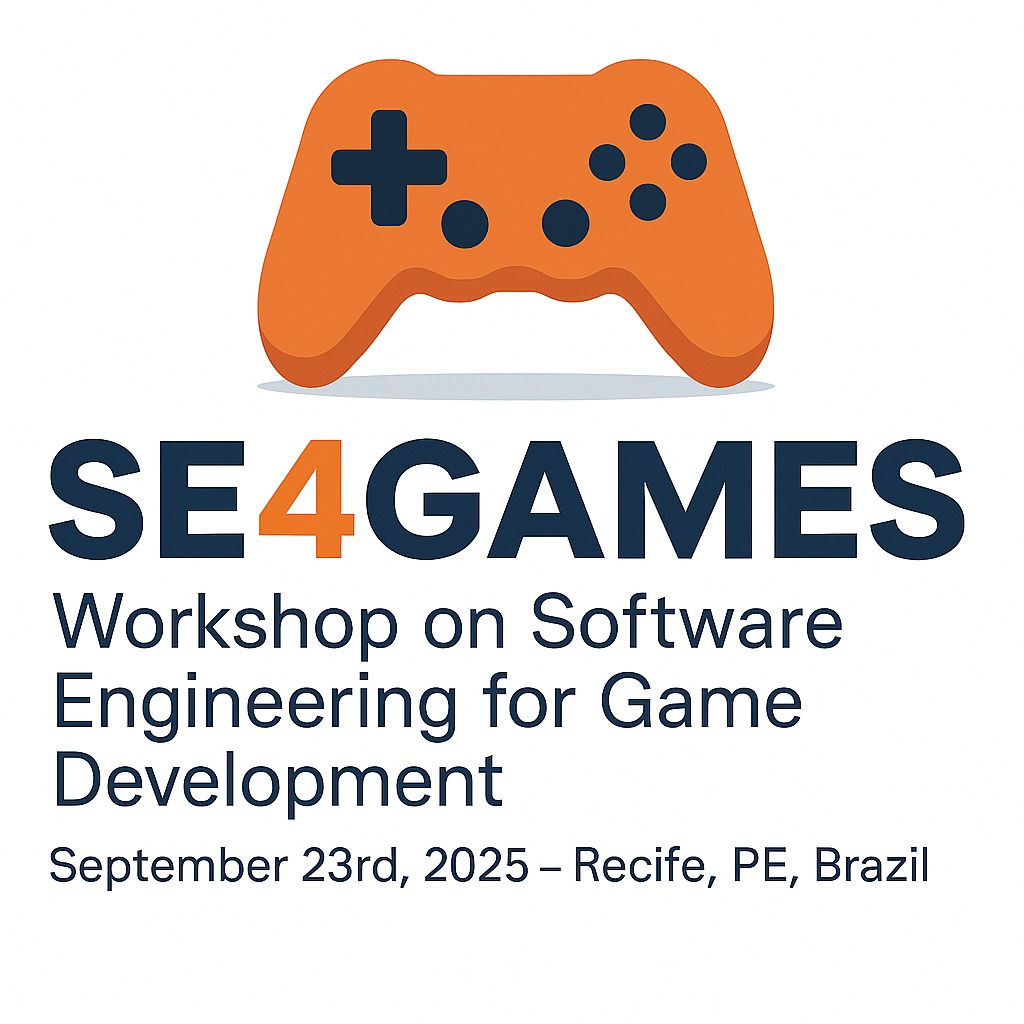
Call For Papers
1st Workshop on Software Engineering for Game Development (SE4Games)
Co-hosted with CBSoft 2025
Game development is no longer just an art—it is a highly complex software engineering challenge. Modern games rely on scalable architectures, AI-driven mechanics, and high-performance systems, requiring rigorous software engineering principles to ensure reliability, maintainability, and efficiency. Yet, while software engineering has advanced in many domains, the game development industry still faces unique challenges that require tailored solutions. As Brazil’s most prominent software engineering conference, CBSoft still lacks a dedicated forum for exploring the intersection of game development and software engineering. This is a significant gap, given Brazil’s rapidly growing game industry, thriving indie developers, and active academic community conducting advanced research in this field. The 1st CBSoft Workshop on Software Engineering for Game Development (SE4Games 2025) aims to fill this gap, establishing a dedicated space for students, researchers, and industry professionals to collaborate, exchange ideas, and advance software engineering practices in game development. This workshop focuses on software engineering for game development, covering serious and entertainment games, gamification, scalable game architectures, cloud gaming, AI-driven systems, adaptive gameplay, procedural content generation, automated testing, and performance optimization. By bringing this critical discussion to CBSoft, SE4Games 2025 seeks to become a landmark event, strengthening the bridge between academia and industry, driving innovation, and advancing game software engineering research.
Topics of Interest
SE4Games 2025 welcomes contributions at the intersection of software engineering and game development, encompassing entertainment games, serious games, and gamified systems. We are particularly interested in interdisciplinary, innovative, and impact-driven approaches across the areas listed below. These topics reflect core software engineering concerns—such as architecture, lifecycle models, quality assurance, tool support, and metrics—applied to the unique challenges of game development, system adaptation, and player-centered interaction.
- Requirements engineering, software architecture, modular design, and maintainability
- Agile, DevOps, and hybrid lifecycle models tailored for iterative game development
- Build automation, version control, and configuration management in game pipelines
- Ethical and inclusive game development practices, including standard compliance, persuasive system responsibility, and stakeholder co-design
- Model-based design, analysis, and transformation of game systems
- Formal methods for ensuring correctness, safety, flexibility, and gameplay coherence
- Emergent design frameworks, including procedural content generation driven by AI and gameplay dynamics
- Adaptive and AI-driven gameplay systems, including emotion-aware mechanics, facial expression generation, biometrics-based feedback, narrative personalization, and dynamic difficulty adjustment
- Use of large language models (LLMs) in virtual humans and non-player characters (NPCs) for dialogue, interaction, and expressive behavior
- Machine learning pipelines integrated with real-time gameplay data
- Large-scale monitoring, telemetry, and visualization of player behavior
- Quality attributes in games: usability, accessibility, inclusivity, performance, security
- Testing and validation strategies, including automated tests, playtesting, and simulation-based evaluation, with attention to adaptive systems, LLM-generated outputs, and expressive behavior in virtual characters
- Evaluation frameworks and metrics for software and gameplay effectiveness, including quantitative, qualitative, and mixed-method approaches
- Tools and infrastructure for game development, including engines, SDKs, toolchains, middleware, and deployment services
- Animation systems, physics simulation, and motion capture (MoCap) integration in game development pipelines
- Visualization tools and techniques to support game development, debugging, player behavior analysis, and system design
- Modding support, asset reuse, and franchise extension architectures
- Cross-platform interoperability and cloud gaming infrastructure
- Games in the metaverse, extended reality (XR), and persistent virtual worlds
- Software engineering education through games and for games
Submission Guidelines
Papers may be submitted in Portuguese or English. Submissions in Portuguese do not require an English abstract. Submissions in English are strongly encouraged so that your research can be accessed by non-Portuguese speaking researchers. All papers must follow the SBC formatting guidelines and be submitted in PDF format via the JEMS system. This edition of SE4Games accepts two types of contributions:
Full Research Papers (Max. 7 pages + 1 page for references) We welcome original research or experience reports presenting novel ideas, results, or technical approaches in Software Engineering for Games. Papers should clearly describe the problem being addressed, the proposed solution or insight, their research questions, and its relevance to software engineering and game development practices.
Short Research Papers (Max. 3 pages + 1 page for references) We invite developers, designers, and engineers to share practical experiences applying software engineering principles to real-world game projects. Topics may include tools, testing, pipelines, design decisions, team practices, technical challenges, preliminary results, and lessons learned in production. All submissions must follow a double-blind review process. Thus, to preserve anonymity:
- Do not include author names or affiliations in the manuscript.
- Write any self-citations in the third person.
- If submitting supplementary artifacts (e.g., tools, data, videos), anonymize them using services such as Anonymous GitHub.
SE4Games encourages authors to share artifacts publicly. If anonymization is not feasible at submission time, links may be added to the camera-ready version upon acceptance.
Important Dates
| Paper submission | |
|---|---|
| Author notification | |
| Camera-ready | |
| Workshop date | September 23, 2025 |
Reviewing Process
The SE4Games workshop proceedings will be published as part of the CBSoft 2025 proceedings and made available online through the SBC Digital Library (SOL). The number of accepted papers will depend on the final program and the quality and quantity of submissions. The review process will follow a double-blind format: authors and reviewers must ensure anonymity. Each submission will be evaluated by three program committee members, selected for their expertise in areas aligned with the workshop's scope. The committee includes researchers and faculty from both Brazilian and international institutions.
Papers will be assessed based on:
- Originality and timeliness
- Technical contribution and soundness
- Relevance to software engineering for game development
- Methodological rigor
- Verifiability, transparency, and replicability
- Clarity, organization, and presentation
- While not mandatory, submitting replication materials or artifacts is encouraged and will be viewed positively during evaluation.
Submissions will be desk-rejected if they:
- Fall outside the workshop’s scope
- Have been previously published
- Do not follow formatting guidelines
- Fail to comply with anonymization requirements
Use of AI (Artificial Intelligence) Tools
By submitting to SE4Games 2025, authors agree to comply with our AI usage policy, inspired by the guidelines
from IEEE, ACM, and Springer.
Listing AI tools (e.g., ChatGPT) as co-authors is not allowed nor submitting content fully generated by AI tools
without human authorship or oversight.
All submitted content must be the intellectual work of the listed human authors, who bear full
responsibility for its originality, accuracy, and integrity.
Presentation and Publication
Accepted papers must be revised for the camera-ready version and submitted within the final deadline. At least one author must register and present the work during the SE4Games 2025 workshop.
Program
| Time | Session | Details |
|---|---|---|
| 14:00 – 14:03 | Opening & Announcements | - |
| 14:03 – 14:33 | Keynote | "Game Development in the Context of Software Engineering and Impacts in the Era of Generative AI" Esteban Clua (UFF, Brazil) |
| Paper Session I | ||
| 14:35 – 14:50 | Full Paper | “An Extensible Plugin for Integrating High-Performance Collision Detection Broad-Phase Algorithms into Unity” Raul Costa Feitosa (Unifor, Brazil), Andréia Formico (Unifor, Brazil) |
| 14:50 – 15:05 | Full Paper | “The Usability Engineering Lifecycle in Developing a Ludic Application about Scorpions for Children” Natália Satie Motokubo Halker (UFABC, Brazil), André Luiz Brandão (UFABC, Brazil), João Paulo Gois (UFABC, Brazil) |
| 15:05 – 15:20 | Full Paper | “Assessing Frontier LLMs in Solving Game Development Problems: Preliminary Findings Across Three Game Engines” Thiago Vasconcelos (Unifor, Brazil), Adams Castro Filho (Unifor, Brazil), Guadalupe Ribeiro (Unifor, Brazil), Andréia Formico (Unifor, Brazil), Nabor Mendonça (Unifor, Brazil) |
| 15:20 – 15:28 | Short Paper | “Consolidating a MAPE-K-Based Architecture for Dynamic Difficulty Adjustment: A Bottom-Up Approach” Carlos Henrique Rorato Souza (UFG, Brazil), Luciana de Oliveira Berretta (UFG, Brazil), Sergio Carvalho (UFG, Brazil) |
| 15:30 – 16:00 | Coffee Break | - |
| Paper Session II | ||
| 16:00 – 16:15 | Full Paper | “An Open-Source Visual Tool for Modeling, Validating, and Exporting Decision Trees for Game Development” Eduardo Martins (Unifor, Brazil), Rafael Garcia Barbosa (Unifor, Brazil), Andréia Formico (Unifor, Brazil) |
| 16:15 – 16:30 | Full Paper | “Impactos da IA Generativa na Qualidade de Software de Jogos Digitais: Uma Análise da Indústria com Base na ISO 25010” Izequiel Norões (Unifor, Brazil), Adriano Bessa (Unifor, Brazil) |
| 16:30 – 16:45 | Full Paper | “Diretrizes baseadas em requisitos para o Design de Jogos Sérios para Pessoas com TEA” Bruna Barbosa (UFG, Brazil), Luciana de Oliveira Berretta (UFG, Brazil), Sergio Carvalho (UFG, Brazil) |
| 16:50 – 17:20 | Panel | “AI and the Future of Game Development” Panelists: Tulio Caraciolo (Geppetto & Manifesto Games) and Nabor Mendonça (Unifor, Brazil) |
| 17:20 – 17:30 | Best Paper Award & Closing | - |
Keynote
Game Development in the Context of Software Engineering and Impacts in the Era of Generative AI
Recent advances in Generative AI have had a strong impact on game production and planning, not only in programming but also in the creation of art, scripts, animations, and audiovisual content. In this context, the tasks and roles of developers and software engineering are being revisited and redefined. This talk will present a brief reflection on these transformations and paradigms, highlighting directions and future possibilities for game development.
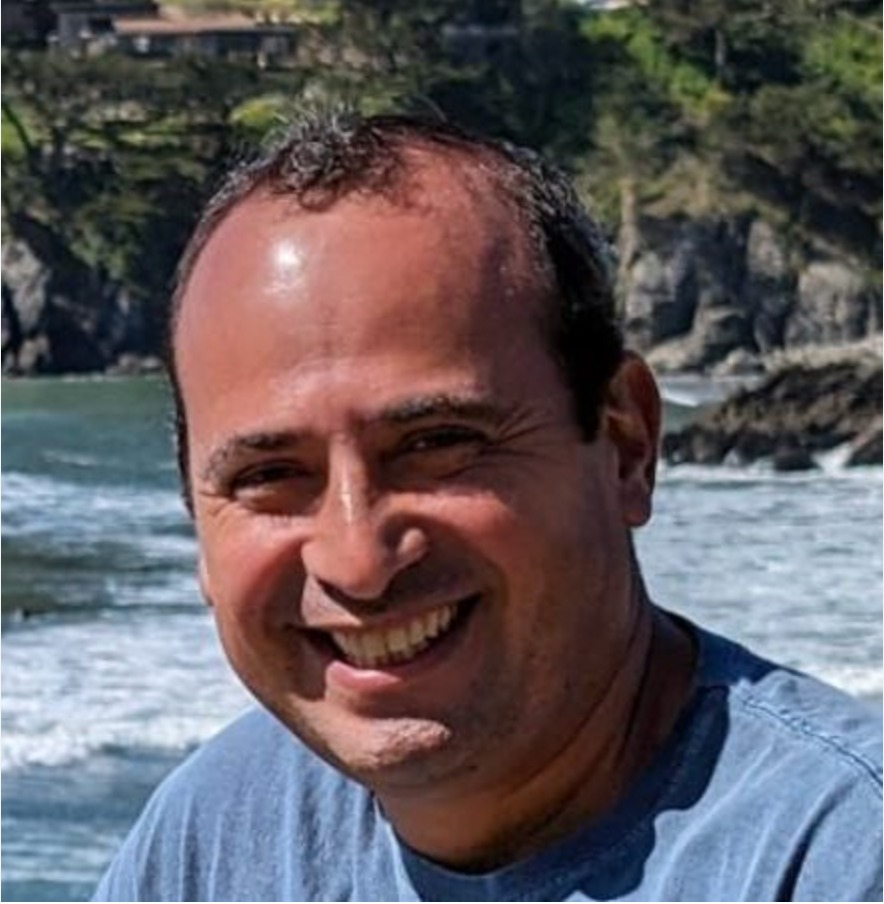
Esteban Clua
UFF
Esteban is a Full Professor at the Federal Fluminense University and General Director of UFF Medialab. His research focuses on Video Games, Virtual Reality, GPUs, Simulation, and Data Science. He co-founded SBGames and is currently President of SBC’s Special Interest Group on Games (CEJOGOS).
Panel
AI and the Future of Game Development
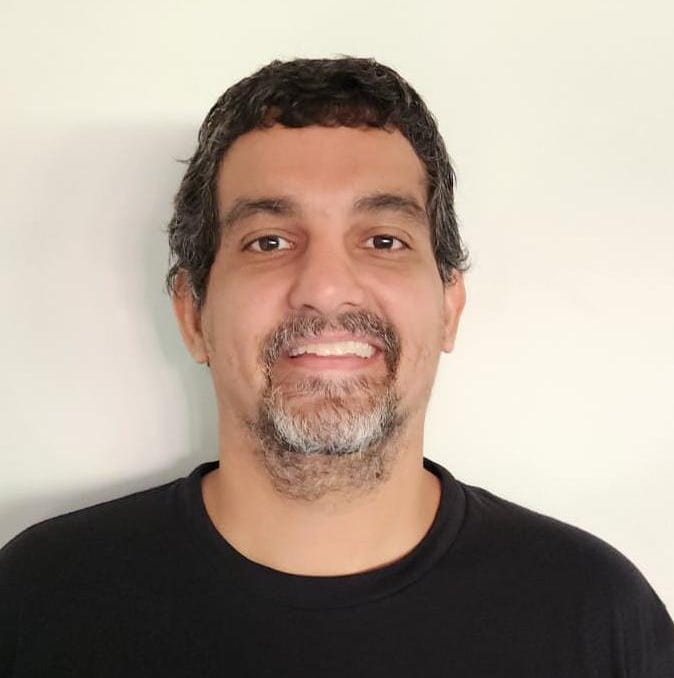
Tulio Caraciolo
Geppetto & Manifesto Games
Game designer and entrepreneur.
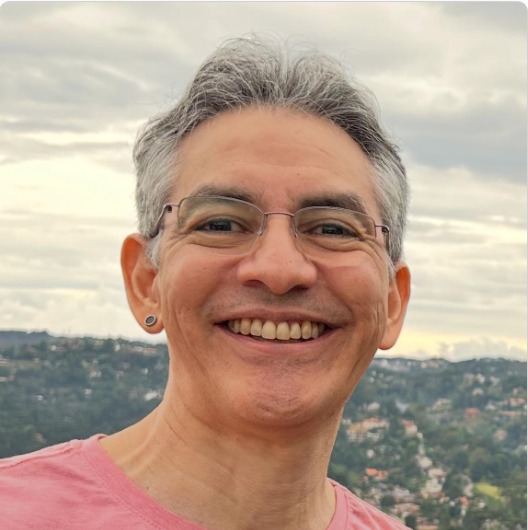
Nabor Mendonça
Unifor
Professor and researcher in software engineering and AI.
Program Committee Co-Chairs
- Andréia Formico (Unifor, Brazil)
- Troy Kohwalter (UFF, Brazil)
Andréia Formico
Unifor

Troy Kohwalter
UFF
Program Commitee:
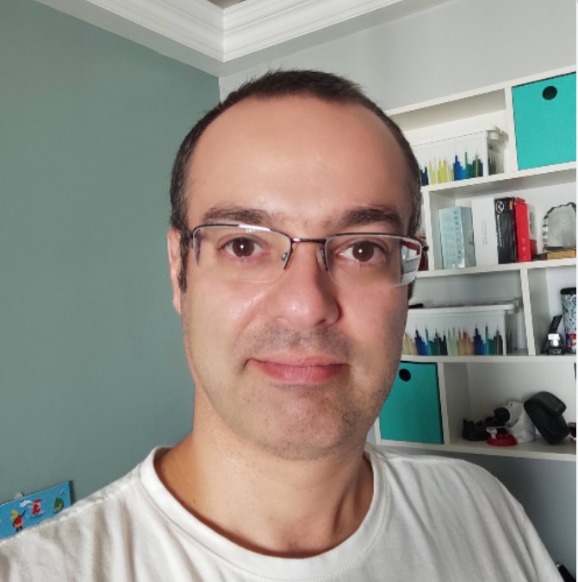
André Brandão
UFABC
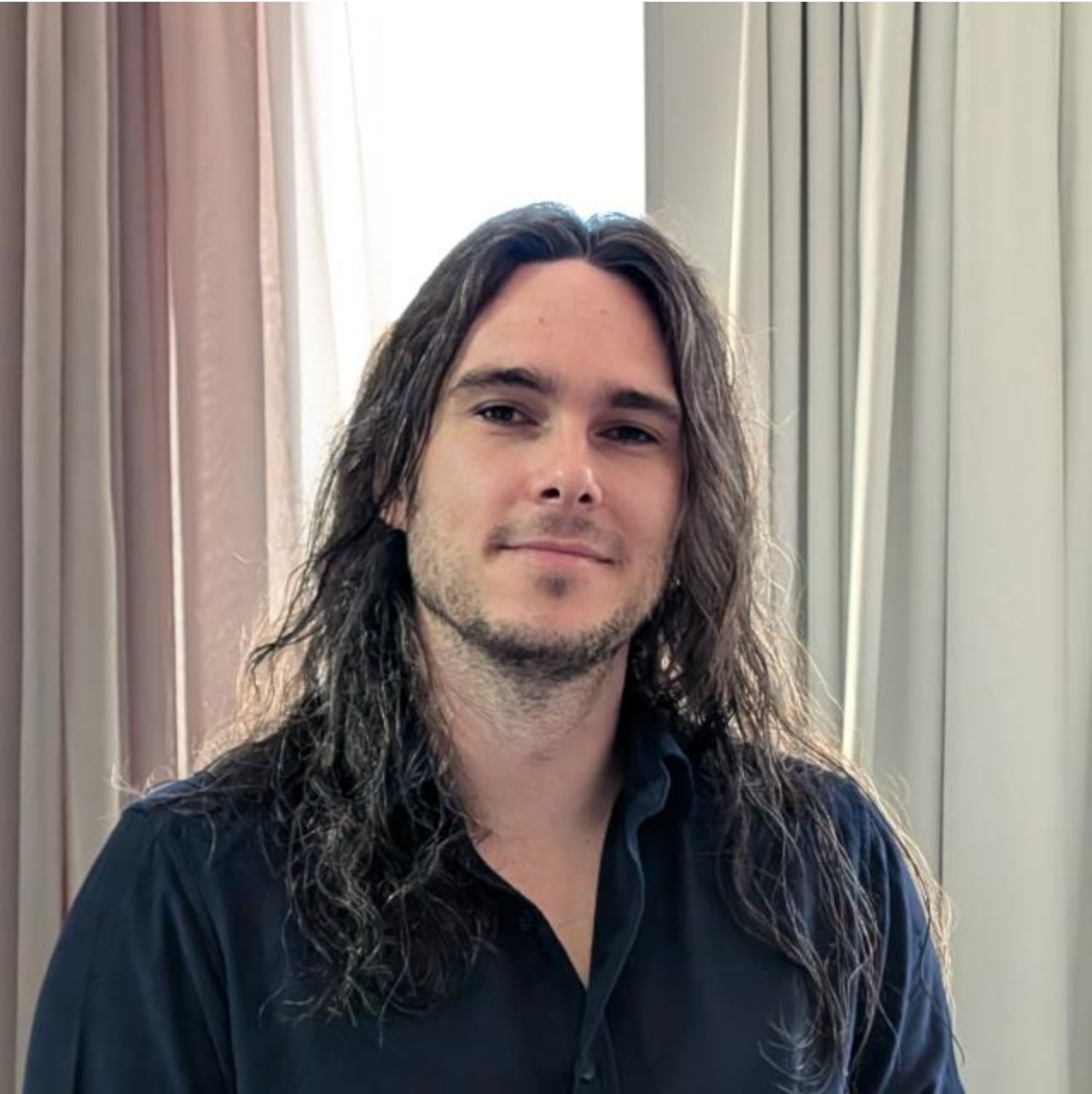
Cristiano Politowski
Ontario Tech University
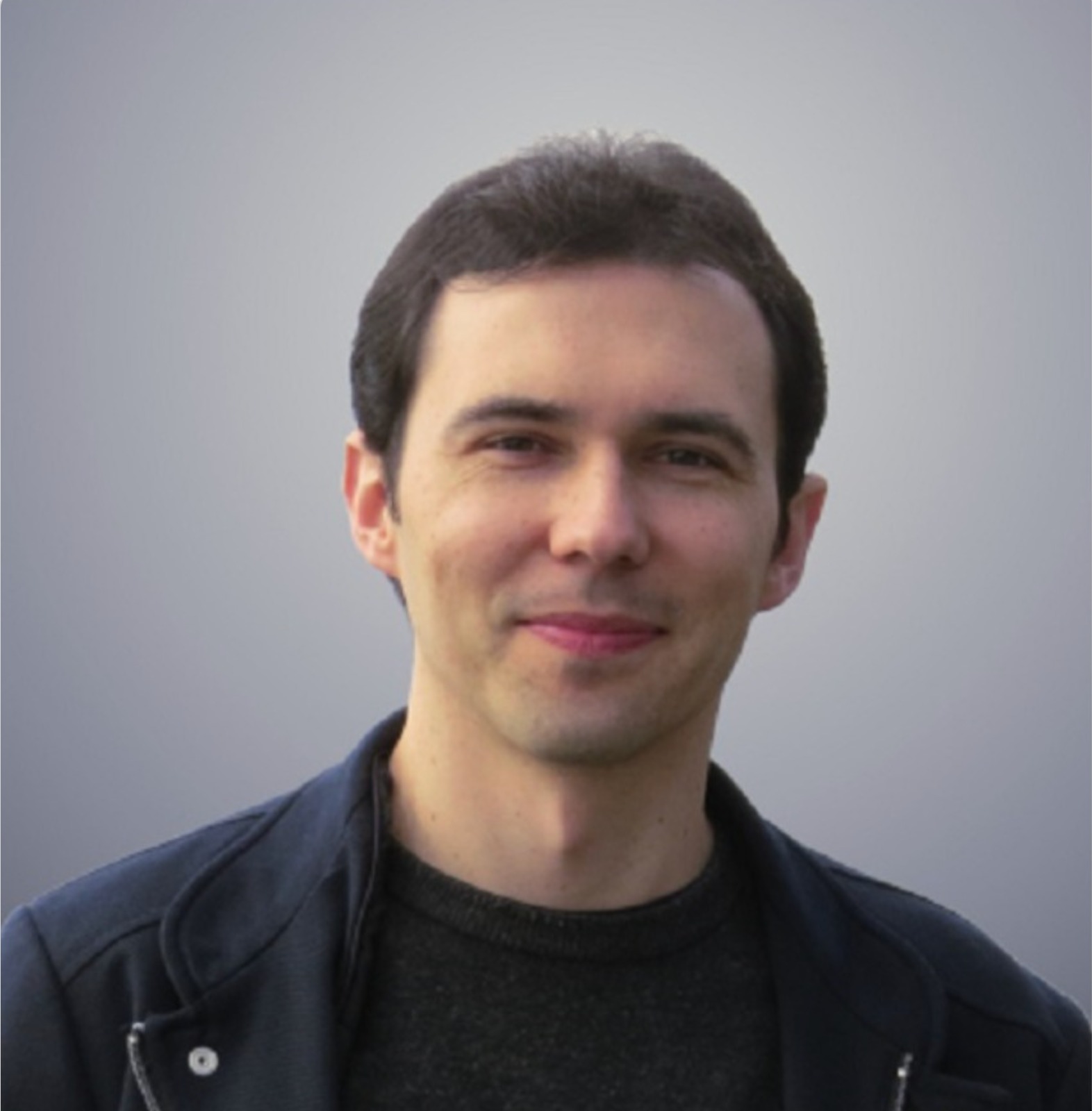
Edirlei Soares de Lima
BUAS

Esteban Clua
UFF
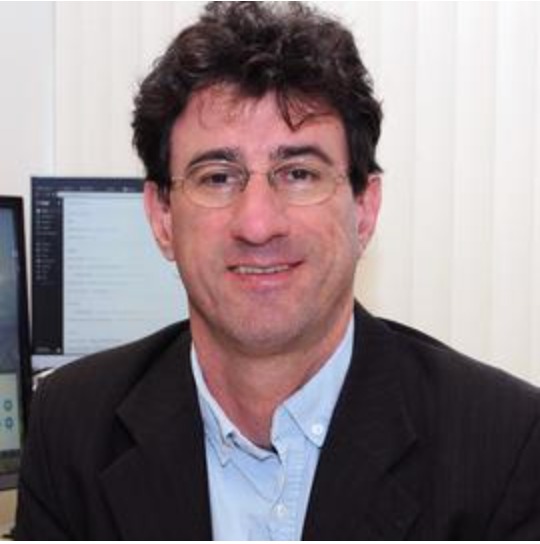
Fabio Petrillo
ÉTS
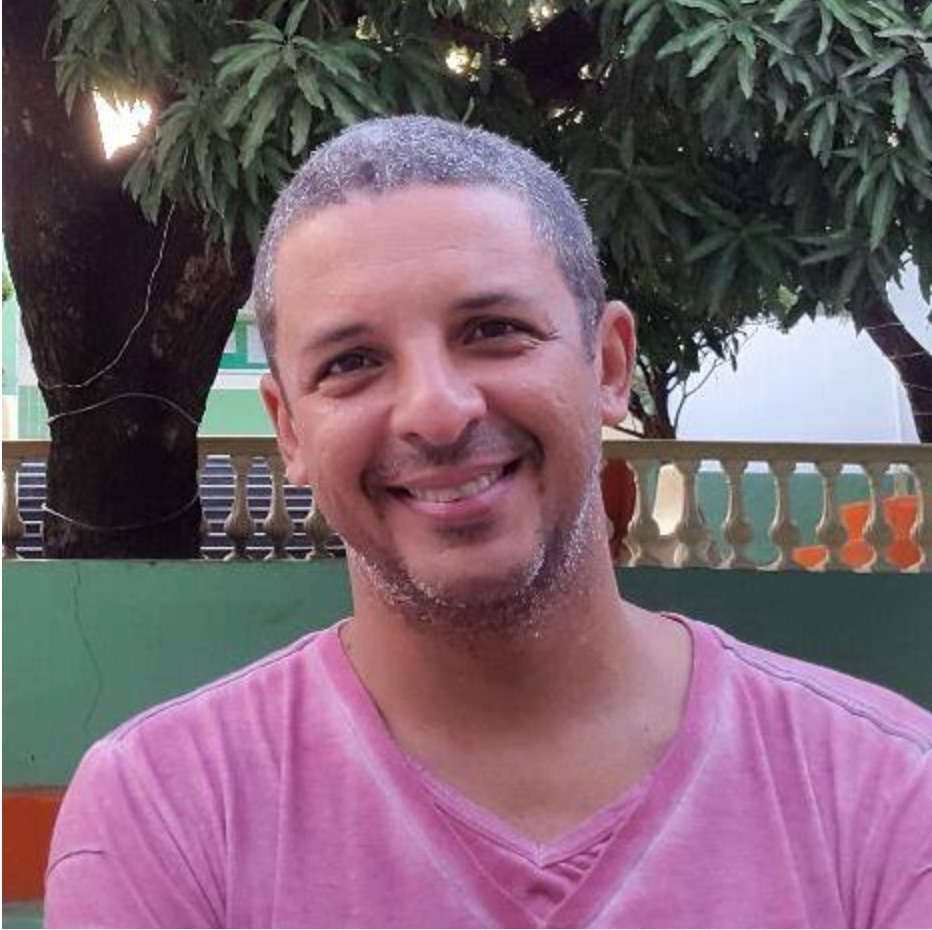
Fernando Trinta
UFC
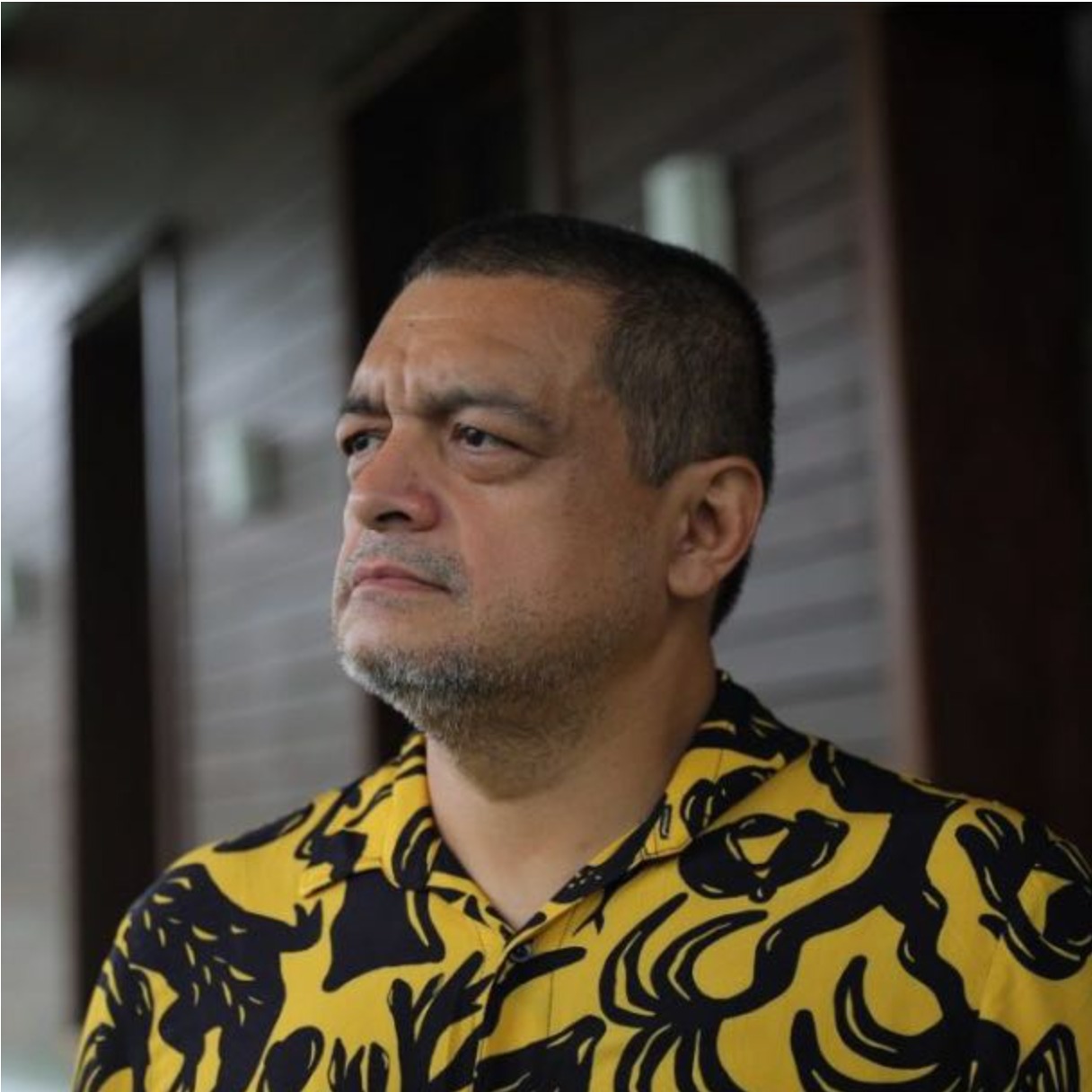
Jucimar da Silva Junior
UEA

Kendra Cooper
Independent Scholar
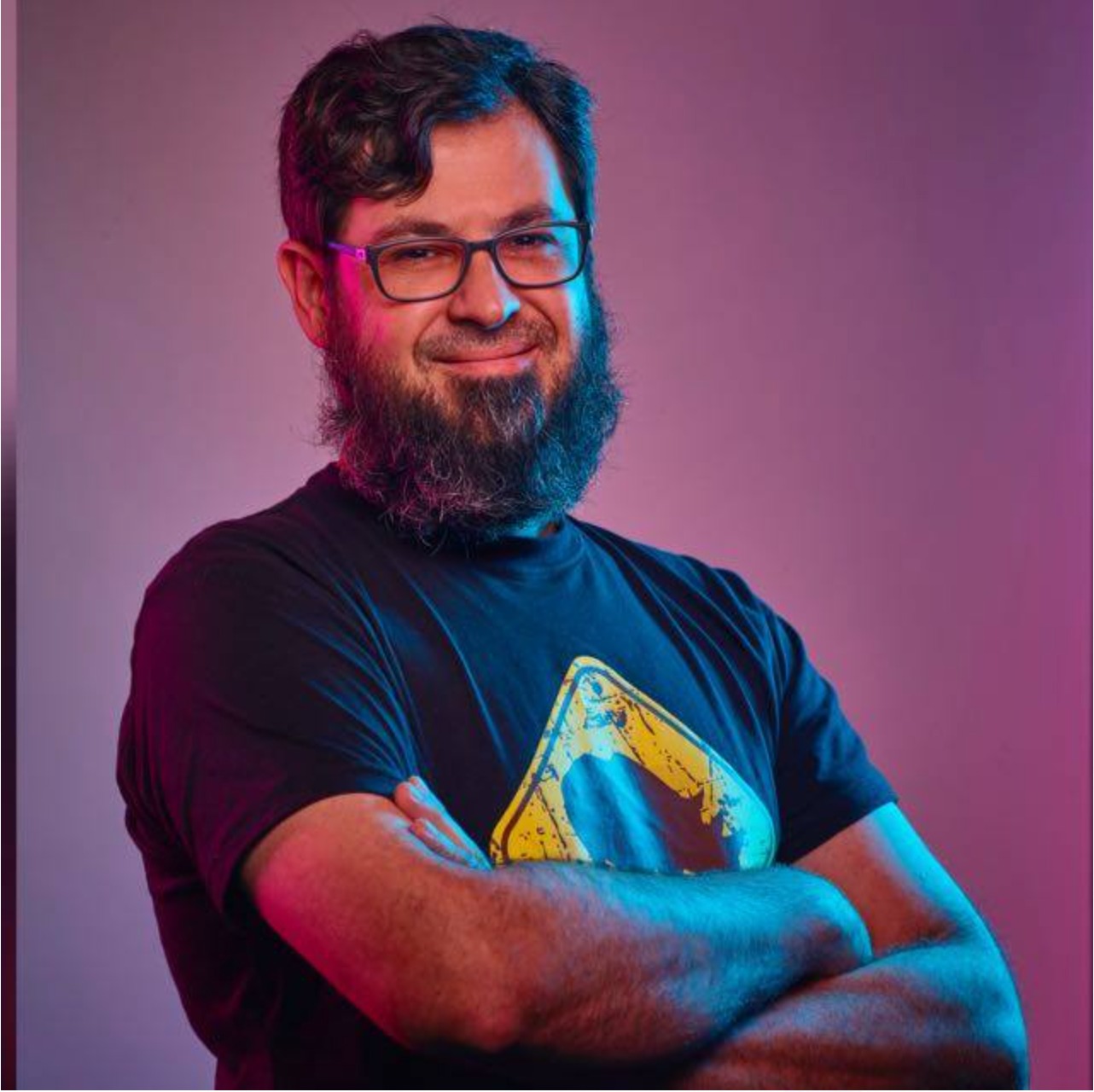
Kiev Gama
Cin/UFPE
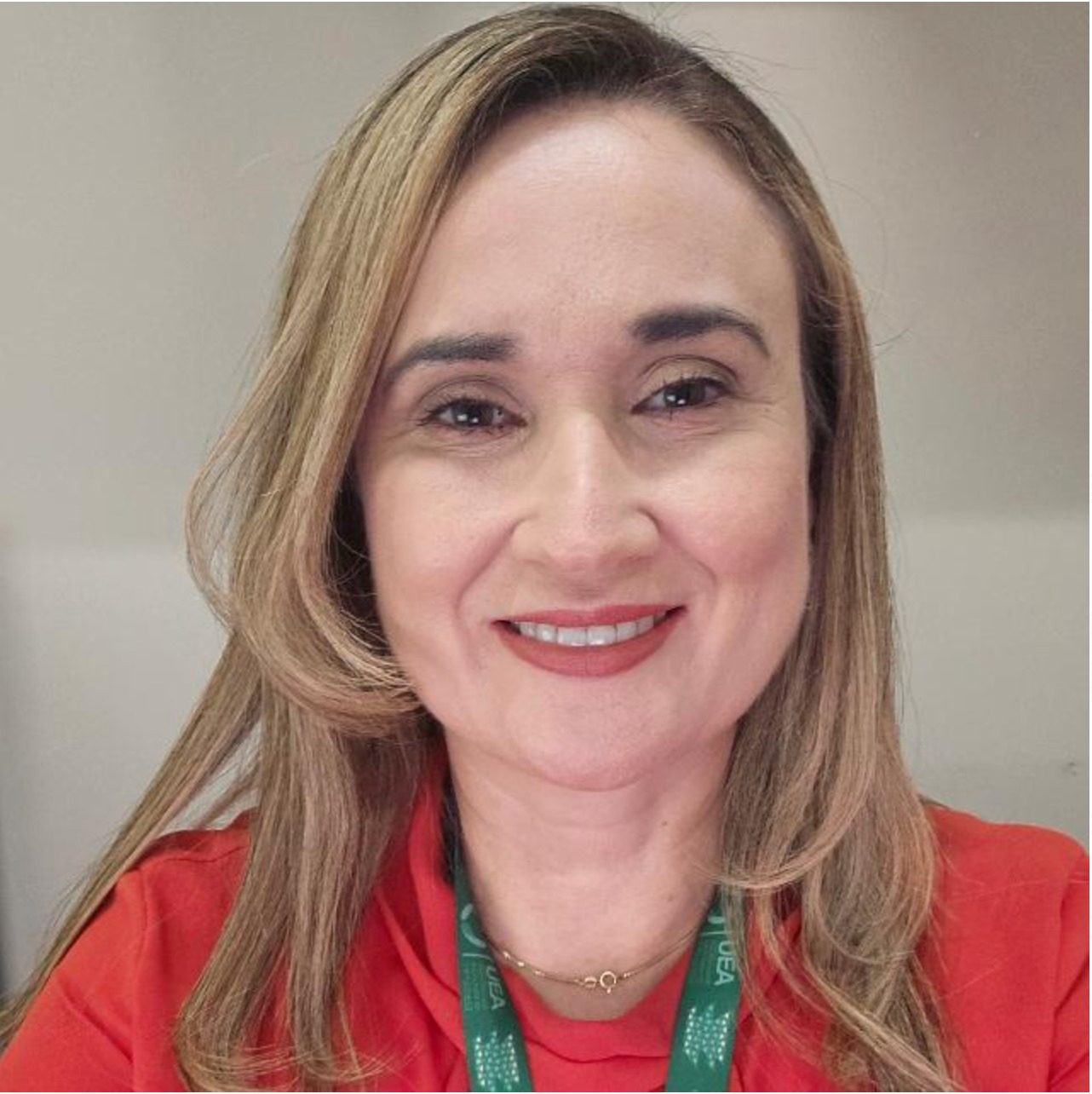
Marcela Pessoa
UEA

Nabor Mendonça
Unifor
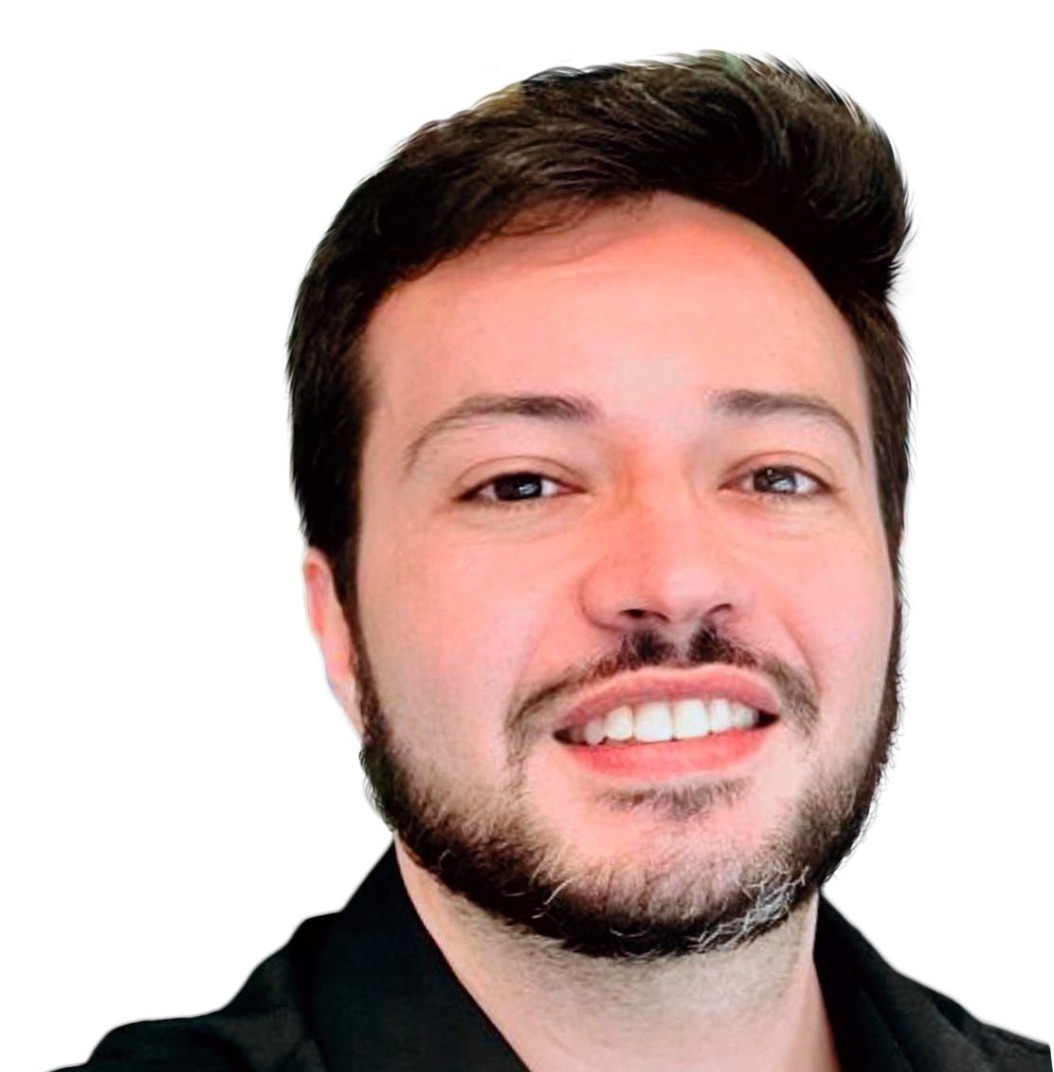
Rodrigo Santos
UNIRIO
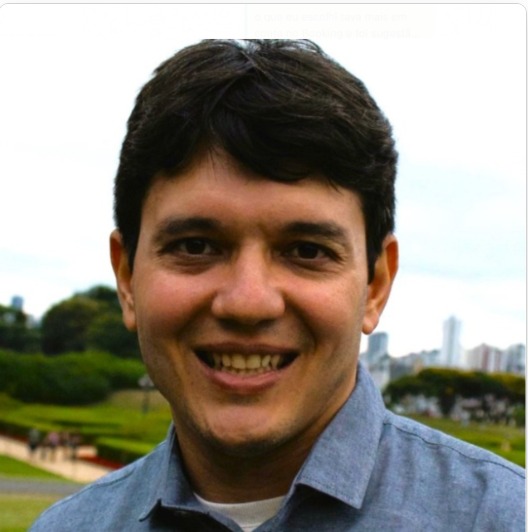
Windson Viana
UFC
Contact
If you have any questions regarding manuscript preparation or about the event in general, please do not hesitate to send an email to SE4Games2025@googlegroups.com